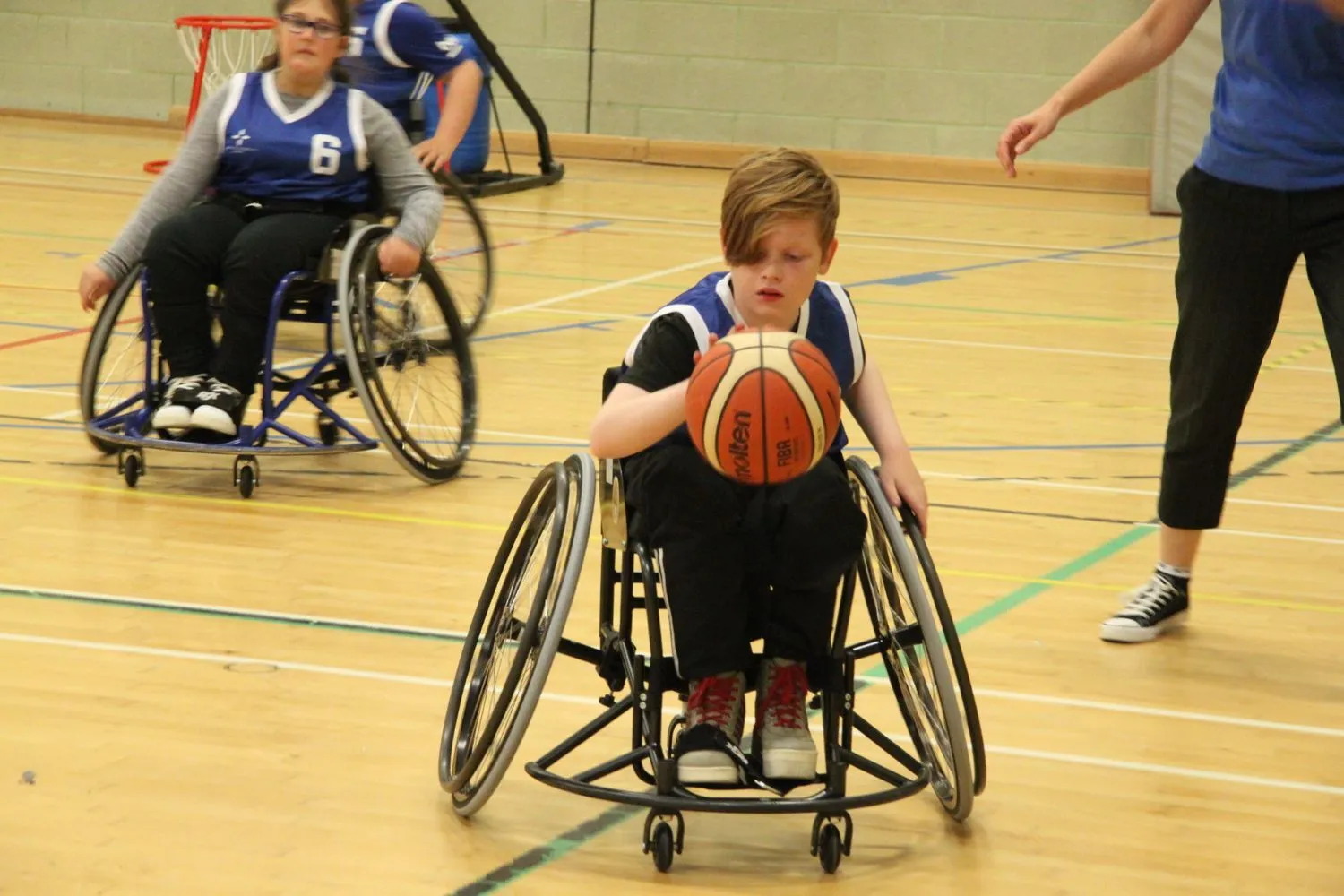The story of Alfie
Alfie, now 15, is a typical teenager giving me attitude. After receiving the diagnosis of lymphangiomatosis in 2009 I did not think we would ever reach the teenage years, so I am incredibly happy to live with attitude.
He has been on sirolimus for 9 years, luckily with few side effects which we manage with slight tweaks to his dosage.
I often wonder had sirolimus been a treatment option in the beginning, rather than having to wait 5 years, would things have been different. Sadly, although sirolimus for us was life-changing and has given Alfie a decent quality of life, the damagedcaused by the disease before treatment sadly cannot be reversed. Alfie is a full-time wheelchair user. Having taken his first steps at 5 years old, this was short-lived, and due to pain, a leg length discrepancy, and swelling, the challenges of walking were just too great. After years of intensive physio with little progress, we made the hard decision to stop the physio and allow Alfie to be a full-time wheelchair user. As parents, we felt guilty and afraid that we had let Alfie down, but this decision has been a good thing and has allowed Alfie to focus on what he can do as a wheelchair user and not be constantly reminded of what he cannot do. He loves sports – basketball, swimming, follows football, goes to the gym, and does seated martial arts. We are so proud of the young man he has become.
As a parent, my biggest challenge in fighting this disease is the management of care, coordinating hospitals and doctors, and living with the fear of the unknown. Making decisions to give your child the best quality of life but not knowing how this will impact them later in life comes with great responsibility. What if we get this wrong? Even though Alfie is ‘stable’ just now he still attends a lot of appointments seeing different doctors in different hospitals. This will be his last year treated in a pediatric hospital. Just now there is no plan as to what the transition to adult care looks like for him – this scares me. In the UK there are no dedicated adult centres.
My advice to any parent new to this journey;
It’s scary because you feel like your child is so fragile but let them grow and be as normal as possible.
Include siblings in conversations about the disease and medication, how this affects their sibling, and how they can help, so they feel included.
If you are in a relationship – look after each other. Having a child with complex needs can put a massive strain on even the strongest of relationships. Be kind – we all deal with situations differently.
Support from family and friends has been critical to my own ability to get through this. From family and friends that listened and supported us when our world was falling apart, looked after Alfie’s brother during our many prolonged stays in hospital, who understood when I cancelled yet another social event because Alfie was sick again, and to those who, despite all the paraphernalia that came along with Alfie – wheelchair, crutches, medication, and a lengthy list of instructions, would still invite him round to play with their children and to birthday parties. I will always be profoundly grateful to family and friends.
As we continue this ever-evolving journey I am indebted to the LGDA for the dedicated work in helping those affected by complex lymphatic anomalies and to the LGDA community for their shared experiences, information, and support.
